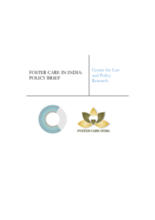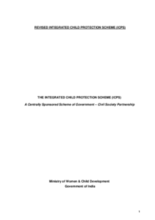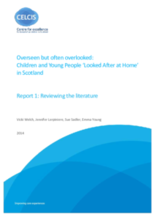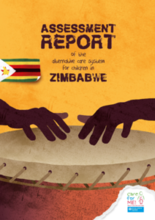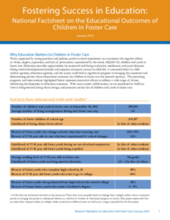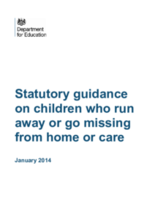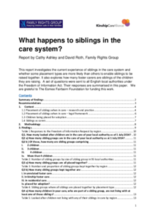Displaying 1881 - 1890 of 2223
This policy brief reviews the legal framework for foster care in India, including an analysis of the current provisions of foster care along with the rules and schemes on foster care framed by states in India, with a focus on Delhi and Goa.
This report from SOS Children’s Villages and the University of Bedfordshire provides reviews and assessments of the implementation of the Guidelines for the Alternative Care of Children in 21 countries around the world.
The Integrated Child Protection Scheme (ICPS) of India outlines, and contributes to the implementation of, the Government’s responsibility to establish an effective and efficient child protection system.
This report is based on a synthesis of eight assessments of the implementation of the Guidelines for the Alternative Care of Children (“the Guidelines”) in Benin, Gambia, Kenya, Malawi, Tanzania, Togo, Zambia and Zimbabwe.
This issue brief from the UNHCR highlights key messages from UNHCR in regards to alternative care, including the importance of making alternative care arrangements based on the best interests of the child and using residential or institutional care only as a very last resort.
This document is the first report from a study commissioned by Barnardo’s Scotland. The study explores experiences, needs and outcomes for children and young people in Scotland who are (or have been) looked after at home (ie subject to a home supervision requirement or order).
This report from SOS Children’s Villages presents a critical analysis of the Zimbabwe’s compliance with the UN Guidelines for the Alternative Care of Children which found “yawning gaps” between the laws and policies in place and the actual experiences of children on the ground.
This report from the National Working Group on Foster Care and Education provides statistical and demographic data on the education of children in foster care in the United States and highlights promising programs around the country that promote positive educational outcomes for children in foster care.
This guidance from the UK Department for Education sets out the steps local authorities and their partners should take to prevent children from going missing and to protect them when they do go missing.
This report investigates the current experience of siblings in the care system in the UK and whether some placement types are more likely than others to enable siblings to be
raised together.

